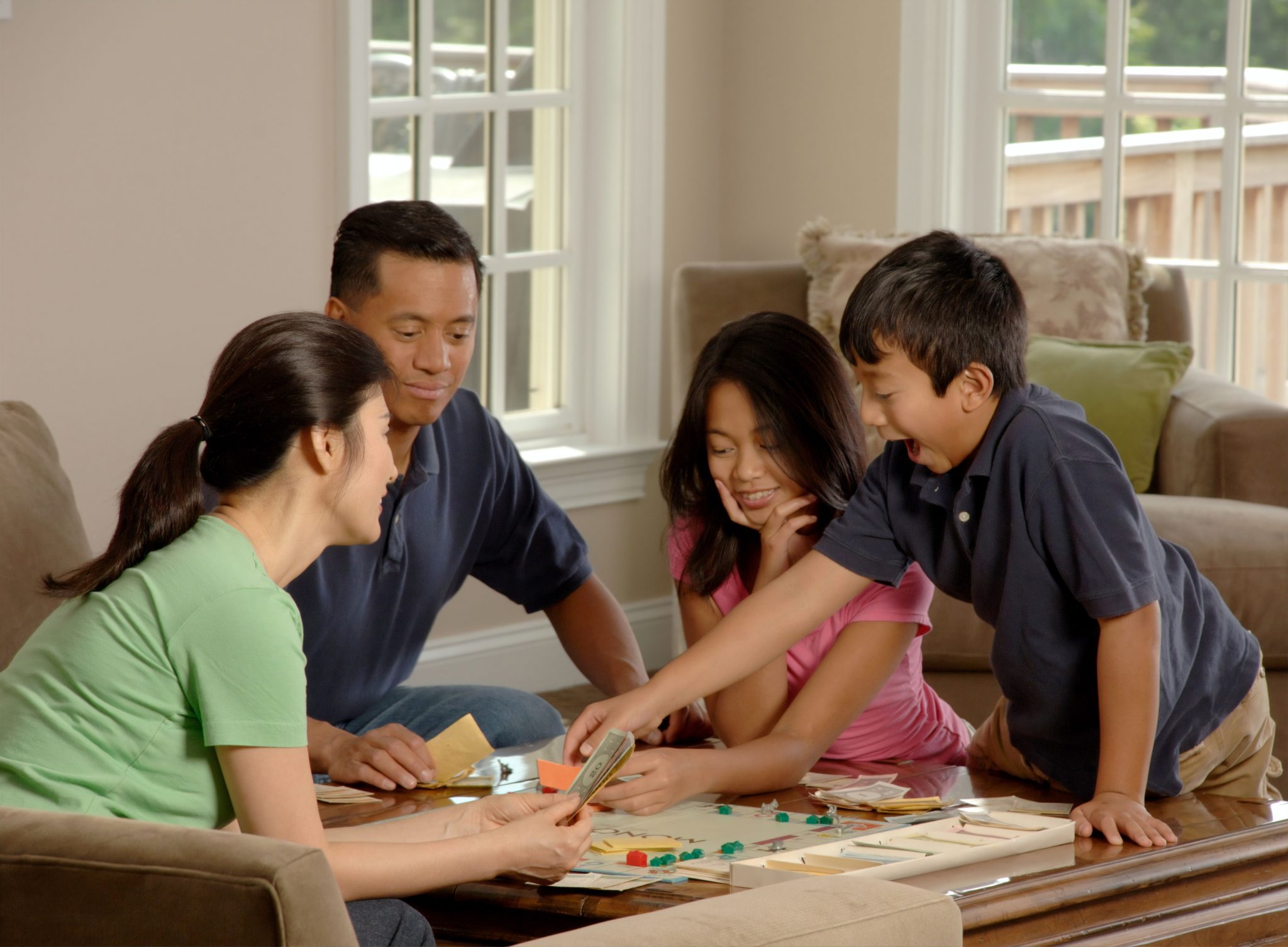What Are Social Skills?
Social skills refers to the skills required in order to interact and communicate with other people. These include verbal communication, such as speaking and wording of messages, and non-verbal communication, such as facial expressions and body language. Appropriate use of both verbal and non-verbal communication is important for making and keeping personal relationships, having conversations with other people, getting a job and behaving in different settings.
A child experiencing challenges with their social skills may: 
- Have difficulties making friends or keeping long term friendships,
- Frequently interrupt and/or abruptly leave conversations,
- Use offensive or inappropriate language/wording,
- Have difficulties starting conversations or inviting others to play,
- Be focused on their own wants and needs.
What does my child need to develop their Social Skills?
There are different areas of development that contribute to social skills. These include:
- Attention: the ability to focus on a target topic or task without becoming distracted.
- Receptive Language: the ability to understand what others are saying.
- Expressive Language: the ability to explain messages to other people.
- Planning and Sequencing: the ability to plan the steps required for a task, and organise/perform them in a logical order.
- Executive Functioning: the ability to make a decision, plan how to complete the decided task/action and follow that plan until it is finished without becoming distracted.
- Social-Emotional Skills: the ability to recognise and control emotions and behaviour in order to connect with others.
- Regulation: the ability to understand and manage feelings and reactions in response to events.
- Play Skills: the ability to plan and sequence play activities while problem-solving challenges, and applying this to different toys.
Challenges in one or more of these developmental areas can contribute to difficulties responding to and participating in different social settings and interactions. A Speech Pathologist can support a child in developing their language and social-emotional skills to optimise their social skills. An Occupational Therapist can also support social-emotional skills, as well as attention, planning and sequencing, executive functioning, regulation and play skills.
What can I do at home to support Social Skills?

- Play board games/turn-taking games
This will allow your child to practise waiting and taking-turns. Don’t always let them win, or sabotage your own turn to give them the advantage. Help them understand their emotions when they lose.
- Role play
Play with your child/children using different play scenarios. Take turns being in different roles, rather than the child always being their favourite/lead role. Input your own ideas for the scenario, rather than always allowing your child to take the lead. Express your feelings and what you’re thinking when the child is listening to your ideas, and when they are not allowing you to play how you want.
- Explain ‘why’
It can become tiring constantly answering repetitive ‘why’ questions about every event and action that happens; but providing honest and detailed (yet child-friendly) explanations to why things happen or why something must/cannot be done is important in helping your child understand other people and the consequences of their actions. It also helps them to develop their knowledge and understanding of the world around them, so they are better equipped to solve problems. When telling your child to do/not do something a certain way, explain why this is important.
- Use guiding questions
Instead of always telling your child the next step, or providing an immediate solution to the problem you see, wait and allow them time to try to think about it themselves. Support this process by using questions that guide their thinking, such as “what do we do next?”, “how could we fix this problem?”, “what do you think will happen if we don’t let _____ have a turn?”. If the problem isn’t threatening to the child’s wellbeing, for example they are upset that the tower they are trying to build on the soft carpet keeps falling, join the child in trying the different solutions they have thought of (even if they likely won’t work) – then help them think of another solution to try.
If you are concerned about your child’s social skills, or would like to know more about social skills development, get in contact with one of our Speech Pathologists or Occupational Therapists via email ([email protected]), phone (07-3265 4495), or through our website.

Thida Hantun
Speech Pathologist
